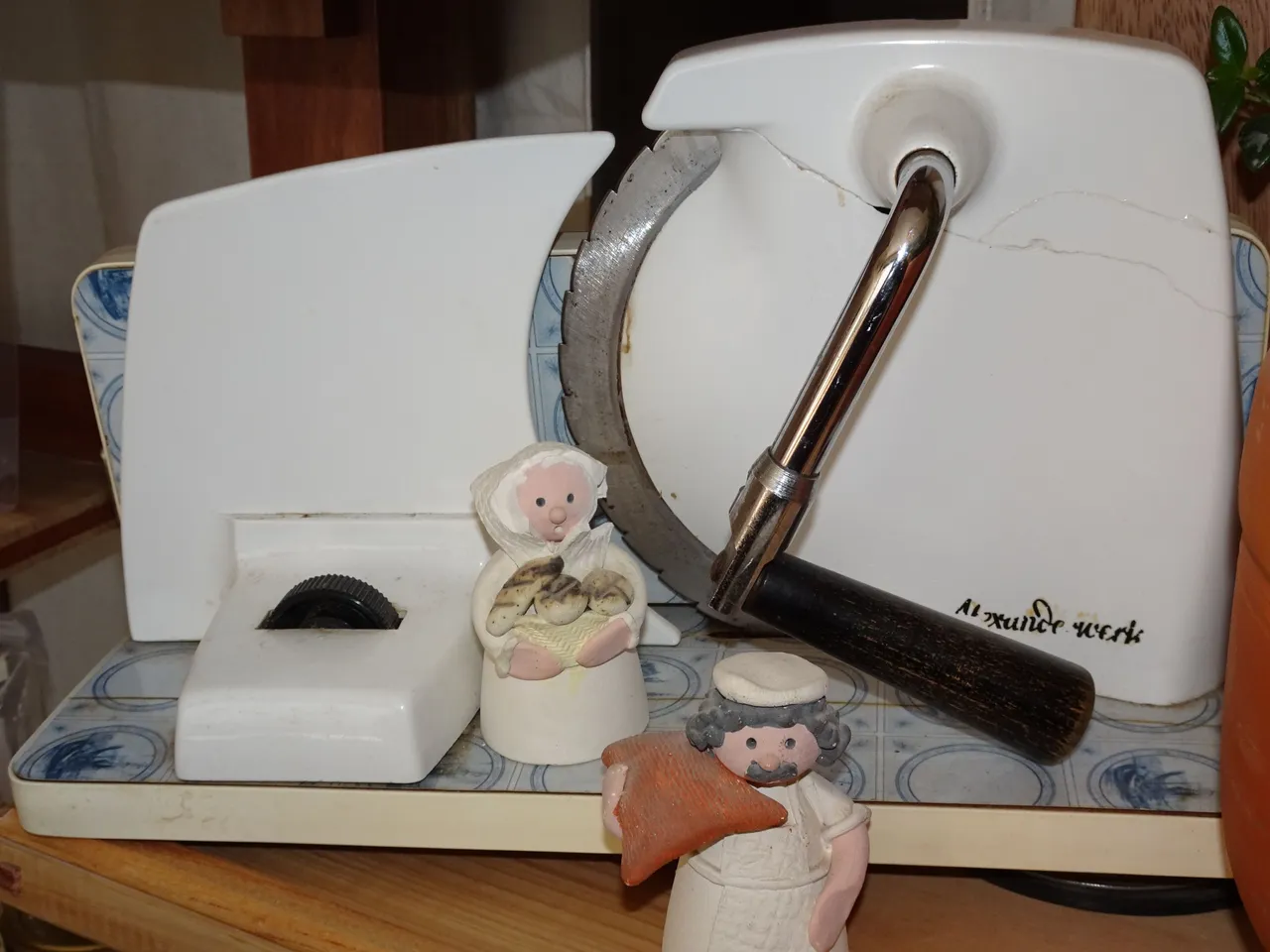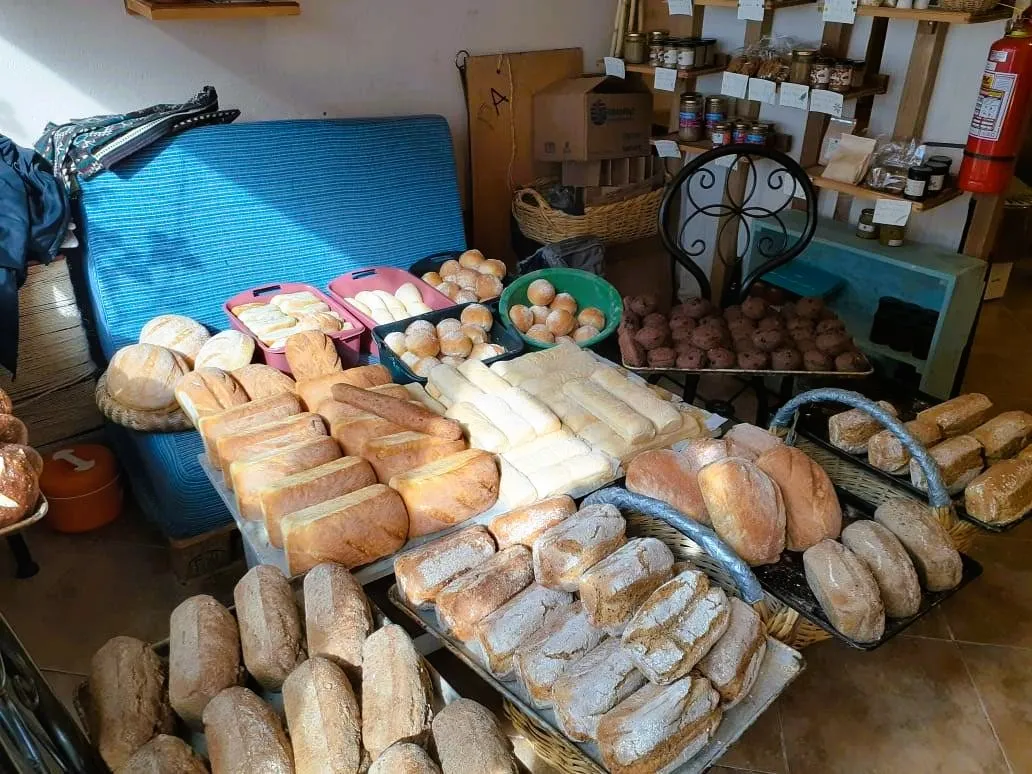I came around a post from Taraz the other day where he talks about his work as consultant, and I realized how influenced I am by my upbringing and education. I never studied anything related to management or finances, but grew up in a self-employed household. That alone brings a lot of teachings. In school we had some economy, tied to politics, including a little about government spending. And I always liked the story of Joseph and the Pharaoh, you know, the seven lean cows devouring seven fat cows. And it's very important on how I run my business (and how I invest in stocks, but that's another topic).

In school, we talked a lot about cyclical government spending, and I was deeply impressed by it. It just made SO much sense to me back then, and still does – unfortunately, no country is really applying it, but turning it ad absurdum by spending the same when in good times, and even more in bad times.
Premises to make it work
So, reading through the post, I found myself realizing that I actually work a lot with that theory. There are two key points that are necessary for this to work.
First, my coworkers have a minimum pay which is enough for them to survive. The rest of the pay is bound to the bakery’s productivity and profit. When we produce a ton of bread, they make a ton of money. Works great for quality, since the quality ensures the sales.
Second, even in bad times, we’re still profitable. I worked really hard on finding that balance, so I never have to take on any debt.
High times!
Now, in high times, we usually have a lot of work on all fronts, and everyone, including me aka the business, is making a lot of money. But we don’t have much time to think things through, do experiments, analyze new investments (new machines, new furniture). So we just buy the most necessary (more pans, more sheets, more flour). I don’t do big investments under pressure, so I am naturally saving money in that time.

Low times
And then comes the low time. Orders go down, maybe the restaurants don’t buy as much, or people are not spending as much time in their homes here, or whatever – in a country with 6 years of consecutive State of Emergency, there’s something every year, sometimes twice. Now we focus on fundamental work. We get together as a team, and talk about what we experienced during the high-times, and what could improve our productivity in those times. Improving productivity means that the bakers produce more in the same time frame, giving them and the bakery more money without working more – win-win. Again, the “Cut-them-in” assures efficiency as their extra pay is based on profit – and investments reduce profit. So everyone is really interested in just getting those toys that actually make sense, and be somewhat more careful when using them.
Since we saved up the money during the high-times, we don’t have to go into debt. That is incredibly important, can’t stretch and repeat it enough.
Another important thing that we do during low-times – acquire new clients. We make experiments on new types of bread, new recipes, new products all around, distribute sample to those we want as our clients, and do more marketing. We have the time and the energy, as we’re not spinning to keep up with orders.
And what does that eventually lead to? Correct! Even higher high times!